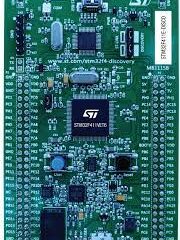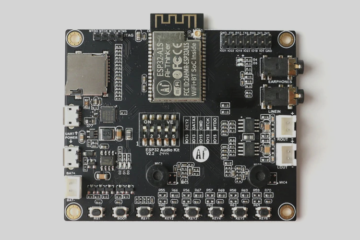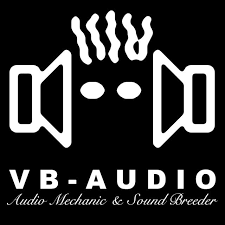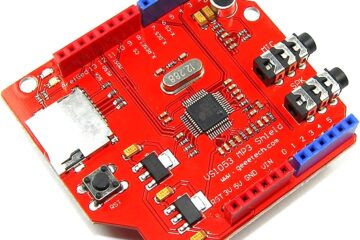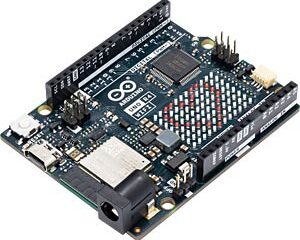STM32F411 Discovery Kit and Arduino: The I2S Library
In my last post, I was describing that I started to work on adding I2S audio support to the STM32F411 Discovery Board. I finally have my Arduino I2S library that supports the STM32F411 Blackpill and Disovery Board ready. I was completely redesigning the old, mostly generated C library into some C++ classes and I have now a better way to support additional boards. Unfortunately I still don’t have any clean sound on my Discovery Board: Read more
